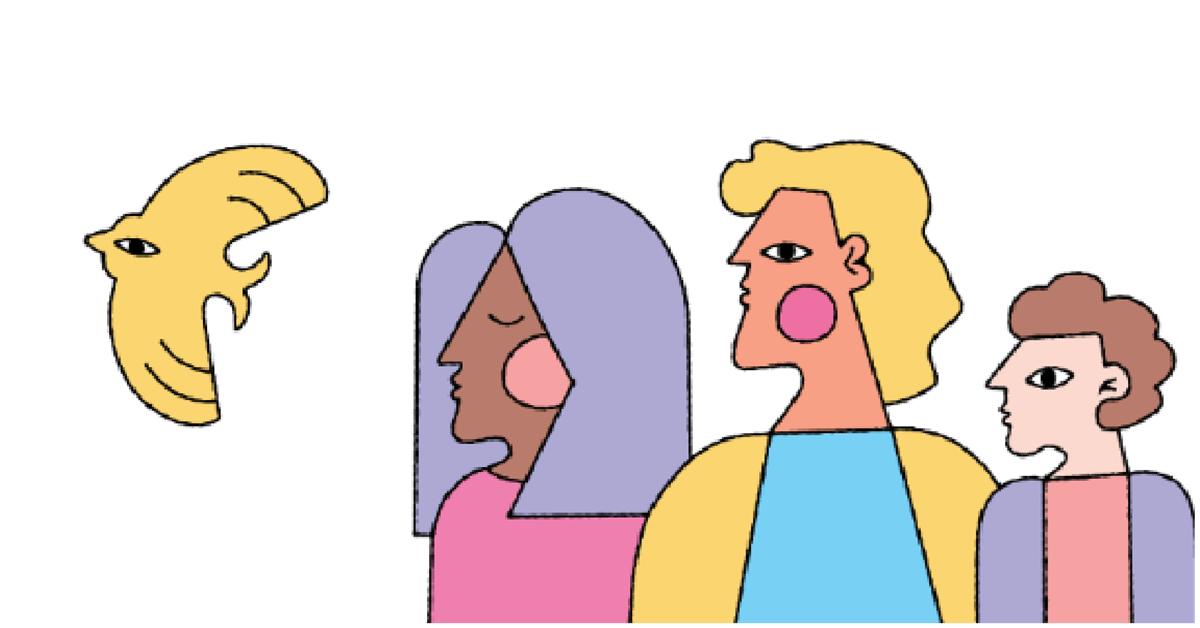At Basic Rights Queensland, we see first-hand the impact of laws and systems that fail to respect the dignity, safety, and wellbeing of vulnerable people. That’s why we welcomed the opportunity to contribute to the first independent review of Queensland’s Human Rights Act 2019. In our submission, we shared the voices and experiences of the people we support every day — people navigating housing insecurity, disability discrimination, workplace sexual harassment, and exclusion from essential services.
We called for practical reforms to strengthen Queensland’s human rights framework: a standalone complaint pathway, better remedies, greater access to legal help, stronger rights to housing and safety, and clearer obligations on public entities. These were not radical ideas — they were grounded in the lived experience of our clients and echoed across the community legal sector.
We were heartened to see the independent review, Placing People at the Heart of Policy, endorse many of these recommendations. The report made a compelling case for a reinvigorated approach to human rights in Queensland — one that would improve decision-making, empower communities, and reduce harm, particularly for those already facing disadvantage.
But the Queensland Government has now formally rejected the report’s recommendations, stating it will not implement any of the proposed reforms. This is a profound disappointment — and a missed opportunity to embed fairness, accountability, and inclusion into our institutions.
Worse still, this comes just weeks after the Government announced a pause on the implementation of long-awaited Respect@Work reforms, aimed at tackling workplace sexual harassment. Taken together, these decisions signal a troubling retreat from the values of equity, dignity, and justice.
Human rights should not be political. Queenslanders deserve systems that respect their humanity and empower them to speak up and seek redress when their rights are breached. We urge the Government to reconsider its position and commit to building a rights-respecting culture that puts people — not politics — at the centre of decision-making.

